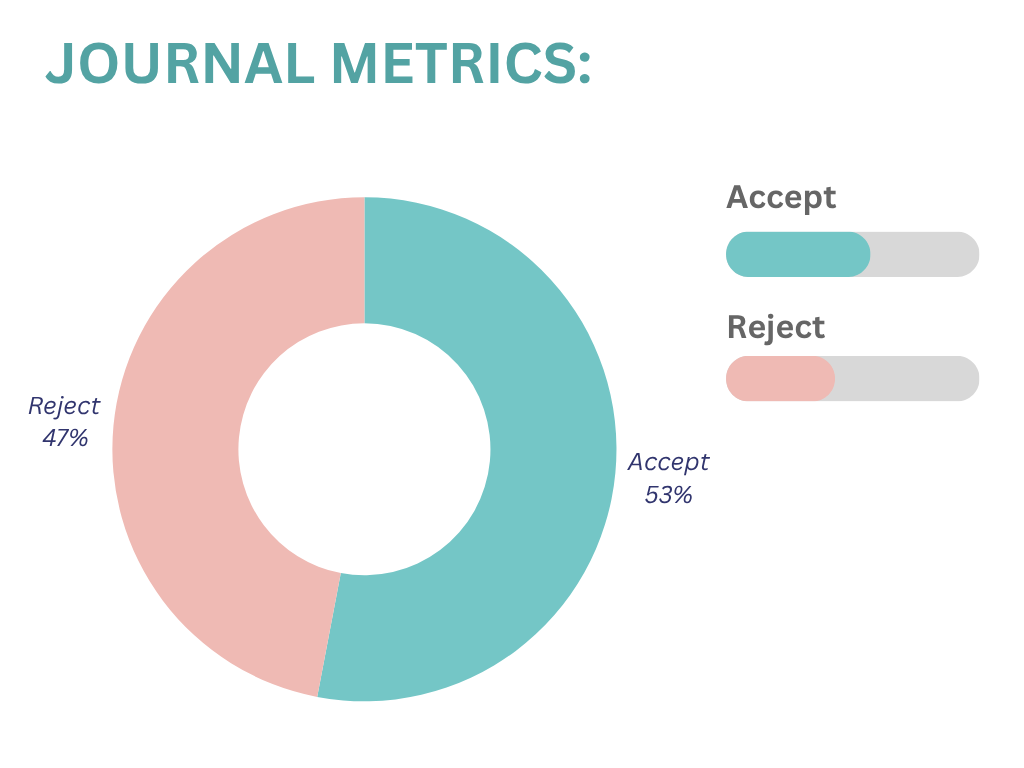IoT-based predictive analytics for efficient traffic management
Abstract
Urban traffic congestion is a growing problem in cities, leading to notable delays, increased fuel consumption, and elevated air pollution levels. Effective traffic management is crucial for enhancing urban mobility and improving residents' quality of life. This paper presents a novel Internet of Things (IoT)-based predictive analytics framework that tackles challenges in traffic management. The method employs IoT sensors spread throughout the city, including real-time traffic cameras, vehicle counting equipment, and environmental monitors, to gather comprehensive data on traffic flow, speed, and density. We applied advanced machine learning techniques, particularly time series analysis and regression methods, to analyze the collected data and forecast future traffic conditions. Our model can pinpoint potential congestion hotspots by examining historical traffic trends in conjunction with real-time data and suggest optimal adjustments for traffic signals ahead of time. Testing our predictive analytics framework in a selected urban area showed an impressive 30% decrease in peak-hour congestion and a 20% enhancement in overall traffic flow. Furthermore, the analysis demonstrated a 15% reduction in average vehicle emissions throughout the trial period, underscoring the environmental advantages of the system. These results suggest that utilizing IoT technology alongside predictive analytics can enhance traffic management and support sustainable urban growth. By equipping city planners and traffic management agencies with practical insights, our research aids in the advancement of smarter cities capable of addressing the complexities of contemporary transportation issues. The findings of this study emphasize the possibility for wider implementation of IoT-driven solutions in urban planning, ultimately resulting in improved public safety, decreased environmental impact, and a better quality of life in urban areas.Keywords:
Internet of things, Predictive analytics, Traffic management, Congestion reduction, Smart cities, Urban mobilityReferences
- [1] Xu, S., Sun, C., & Liu, N. (2024). Road congestion and air pollution -Analysis of spatial and temporal congestion effects. Science of the total environment, 945, 173896. https://doi.org/10.1016/j.scitotenv.2024.173896
- [2] Neelakandan, S., Berlin, M. A., Tripathi, S., Devi, V. B., Bhardwaj, I., & Arulkumar, N. (2021). IoT-based traffic prediction and traffic signal control system for smart city. Soft computing, 25(18), 12241–12248. https://doi.org/10.1007/s00500-021-05896-x
- [3] Shohel Parvez, M., & Moridpour, S. (2024). Application of smart technologies in safety of vulnerable road users: A review. International journal of transportation science and technology. https://doi.org/10.1016/j.ijtst.2024.07.006
- [4] Kalusivalingam, A. K., Sharma, A., Patel, N., & Singh, V. (2021). Enhancing smart city development with AI: Leveraging machine learning algorithms and IoT-driven data analytics. International journal of AI and ML, 2(3). https://cognitivecomputingjournal.com/index.php/IJAIML-V1/article/view/78
- [5] Mohapatra, H., Rath, A. K., & Panda, N. (2022). IoT infrastructure for the accident avoidance: An approach of smart transportation. International journal of information technology, 14(2), 761-768. https://doi.org/10.1007/s41870-022-00872-6
- [6] Mohapatra, H., & Rath, A. K. (2021). An IoT based efficient multi-objective real-time smart parking system. International journal of sensor networks, 37(4), 219-232. https://doi.org/10.1504/IJSNET.2021.119483
- [7] Dutta, A., Chakraborty, A., Kumar, A., Roy, A., Roy, S., Chakraborty, D., Saha, H. N., Sen Sharma, A., Mullick, M., Santra, S., & Saha, S. (2019). Intelligent traffic control system: towards smart city. 2019 IEEE 10th annual information technology, electronics and mobile communication conference (IEMCON) (pp. 1124–1129). IEEE. https://doi.org/10.1109/IEMCON.2019.8936188
- [8] Vecchio, G., Porreca, R., & Jácome Rivera, D. (2020). Socio-spatial concerns in urban mobility planning: Insights from competing policies in Quito. Sustainability, 12(7), 2923. https://doi.org/10.3390/su12072923
- [9] Alekseeva, D., Stepanov, N., Veprev, A., Sharapova, A., Lohan, E. S., & Ometov, A. (2021). Comparison of machine learning techniques applied to traffic prediction of real wireless network. IEEE access, 9, 159495-159514. https://doi.org/10.1109/ACCESS.2021.3129850
- [10] Gwalani, A., Pai, A., Padalia, A., Bhavathankar, P., & Devadkar, K. (2024). Prediction and management of traffic congestion in urban environments. 2024 15th international conference on computing communication and networking technologies (ICCCNT) (pp. 1–6). IEEE. https://doi.org/10.1109/ICCCNT61001.2024.10724090
- [11] Yao, H., Gao, P., Wang, J., Zhang, P., Jiang, C., & Han, Z. (2019). Capsule network assisted IoT traffic classification mechanism for smart cities. IEEE internet of things journal, 6(5), 7515–7525. https://doi.org/10.1109/JIOT.2019.2901348
- [12] Bai, M., Lin, Y., Ma, M., Wang, P., & Duan, L. (2021). PrePCT: Traffic congestion prediction in smart cities with relative position congestion tensor. Neurocomputing, 444(Special Issue), 147–157. https://doi.org/10.1016/j.neucom.2020.08.075
- [13] Ashifuddin Mondal, M., & Rehena, Z. (2019). Intelligent traffic congestion classification system using artificial neural network. Companion proceedings of the 2019 world wide web conference (pp. 110–116). New York, NY, USA: Association for computing machinery. https://doi.org/10.1145/3308560.3317053
- [14] Joo, H., Ahmed, S. H., & Lim, Y. (2020). Traffic signal control for smart cities using reinforcement learning. Computer communications, 154(Special Issue), 324–330. https://doi.org/10.1016/j.comcom.2020.03.005
- [15] Rego, A., Garcia, L., Sendra, S., & Lloret, J. (2018). Software defined network-based control system for an efficient traffic management for emergency situations in smart cities. Future generation computer systems, 88(Special Issue), 243–253. https://doi.org/10.1016/j.future.2018.05.054
- [16] Sarrab, M., Pulparambil, S., & Awadalla, M. (2020). Development of an IoT based real-time traffic monitoring system for city governance. Global transitions, 2, 230–245. http://dx.doi.org/10.1016/j.glt.2020.09.004
- [17] Sumi, L., & Ranga, V. (2018). Intelligent traffic management system for prioritizing emergency vehicles in a smart city. International journal of engineering, transactions b: applications, 31(2), 278–283. http://dx.doi.org/10.5829/ije.2018.31.02b.11
- [18] Doolan, R., & Muntean, G. M. (2016). EcoTrec—A novel VANET-based approach to reducing vehicle emissions. IEEE transactions on intelligent transportation systems, 18(3), 608–620. https://doi.org/10.1109/TITS.2016.2585925
- [19] Janahan, S. K., Veeramanickam, M. R. M., Arun, S., Narayanan, K., Anandan, R., & Parvez, S. J. (2018). IoT based smart traffic signal monitoring system using vehicles counts. International journal of engineering & technology, 7(2.21), 309–312. https://doi.org/10.14419/ijet.v7i2.21.12388
Downloads
Published
2024-12-08
Issue
Section
Articles
How to Cite
Sah, S. . (2024). IoT-based predictive analytics for efficient traffic management. Uncertainty Discourse and Applications, 1(2), 179-185. https://doi.org/10.48313/uda.v1i2.39


